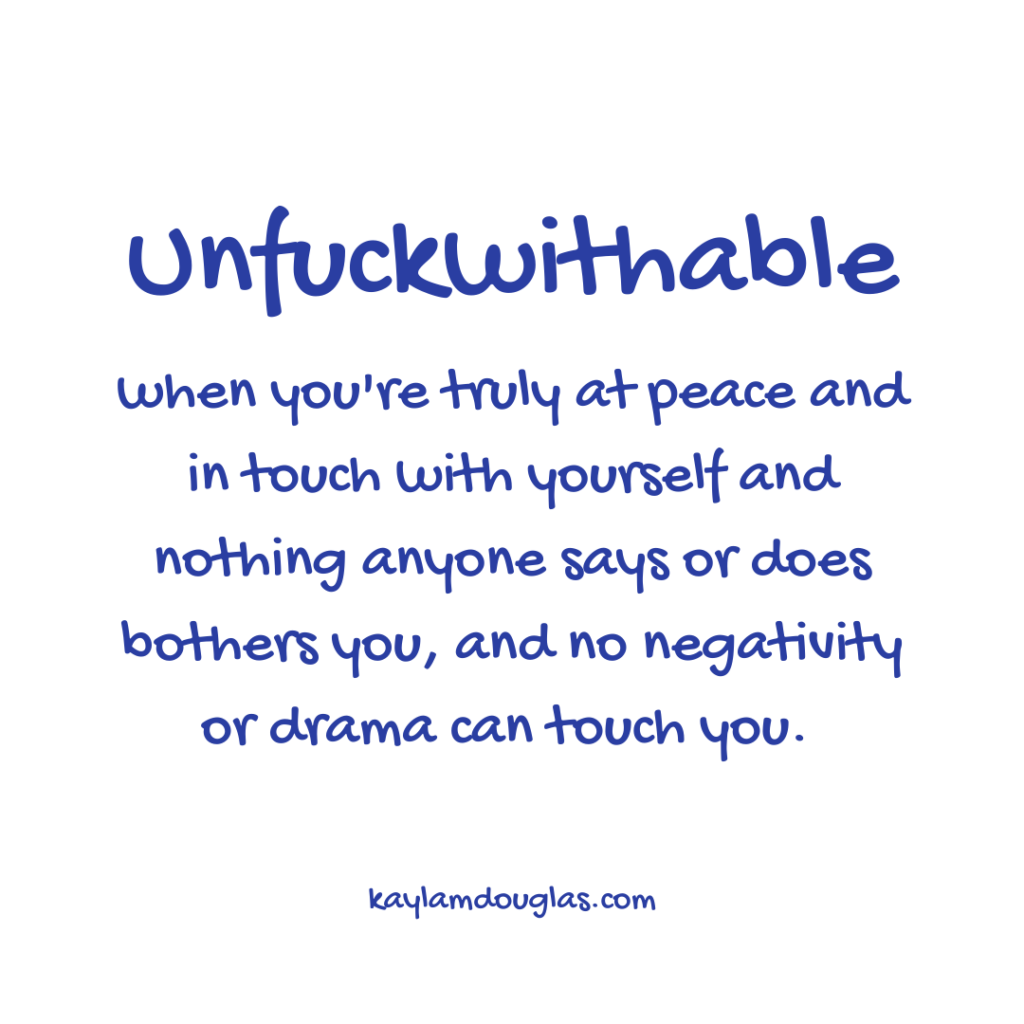Less than two weeks after World Narcolepsy Day, I see the term “quarantine narcolepsy” on my newsfeed. When I learned that it was a reference to narcolepsy on Late Night with Seth Meyers, I was vaguely curious.

Seth Meyers asked Taylor Schilling, known for her role as Piper in Orange is the New Black, if she has developed any new coping mechanisms during quarantine.
She responded, “I think I’ve become a bit of a narcoleptic person like I hear like oh ‘plague and pestilence’ and then I go [ugly face] and I pass out again. [laughing] Like I just leap or I’ll fall asleep in different areas and new places, it’s uncomfortable.”
Seth responds, “That’s interesting. So you just think you have like an internal kill switch that is just trying to help you opt-out of the more stressful moments that are happening right now?”
Is that what they think narcolepsy is? Do they think we just sleep to avoid stress?
Narcolepsy is a chronic neurological condition that affects the sleep-wake cycle. It affects the lives of over 3 million people worldwide every day, and it is not a joke or a coping mechanism.
Or are they referring to cataplexy, a lesser-known symptom of type 1 narcolepsy? This includes striking, sudden episodes of muscle weakness usually brought on by strong emotions. The severity varies from slackening of the jaw to falling down. It can last from a few seconds to several minutes.
This doesn’t seem to fit Schilling’s description of quarantine narcolepsy. With cataplexy, the person remains fully conscious, even if unable to communicate during the episode.
What is Narcolepsy
Narcolepsy is a chronic neurological condition that affects the sleep-wake cycle. It affects the lives of over 3 million people worldwide every day. It is not a joke or a coping mechanism. Quarantine narcolepsy is not a real thing, even if there are videos on YouTube and NBC saying that Taylor Schilling has it.
At first, when I saw this, I was angry. But then my own coping mechanisms kicked in. As a person with narcolepsy myself, I do not have energy to waste. Being angry at someone for their ignorance is not going to serve me in any way. So after allowing myself to ride the wave of that anger, I had to decide how to react to the emotions I was experiencing.
Unconditional Positive Regard
I consider myself to be an advocate for people with narcolepsy. But I have said before, I don’t want to be an advocate. I would rather everyone offered each other Unconditional Positive Regard. This concept was developed by Carl Rogers, a humanistic psychologist. Unconditional Positive Regard is acceptance and support regardless of what a person says or does. It assumes that nobody has any bad intentions.

Considering these principles, I asked myself a question. Did Taylor Schilling wake up that morning and decide, “I’m going to offend the 1 in 2,000 Americans that have narcolepsy today?I’m going to piss off 200,000 people by making a joke of their serious chronic illness.” I highly doubt it. If that was the case, she could have come up with something better than quarantine narcolepsy.
Did Seth Meyers wake up and decide, “I’m going to make some ignorant comments about a disorder that often takes 8 to 15 years between symptom onset and diagnosis? I’ll add to the stigma and make it even harder for those undiagnosed to realize that what they are experiencing is narcolepsy!”
Just writing this feels ridiculous, so it doesn’t seem likely this was their plan. What they did intend to do was probably make some people laugh. And if we asked comedians to apologize to everyone they ever offended while making people laugh… well let’s not go there.
So What to do About It
Once I could move past anger it was easy to see that these people had no bad intentions and are just being ignorant. I had two choices. I could stay angry and upset and spend my valuable energy insisting that they made me mad. OR, I could take the opportunity to grow.
I choose option two. I take it as a great reminder that World Narcolepsy Day is helping us take great strides, but we still have a long way to go. It seems like the term “narcoleptic” is widely known, but the implications of it are still not understood.
Option two is also giving me this opportunity to write about my feelings and maybe raise some real awareness about narcolepsy It’s also just good practice at responding to my emotions instead of reacting to them.
How Does “Quarantine Narcolepsy” Make you Feel?
My initial reaction was anger or frustration. But after allowing those emotions, feeling them, and letting them go, I can return to myself. I know that no one can make me feel anything. I choose how to respond to my emotions. And in this case, I decided it wasn’t worth my energy.

There are 7.5 billion people in the world, and if I give each of them the power to change how I feel, then I will be in a pretty disempowered situation. In his book, Code of the Extraordinary Mind, Vishen Lakhiani named this feeling as being “unf**kwithable.” It is defined as being truly at peace and in touch with yourself so nothing anyone says or does bothers you, and no negativity or drama can touch you.
My Challenge For you
Wherever you are on the spectrum of feelings, why not share your own story about how you reacted to this video. Where do you stand on the issue? As a group, we can take the opportunity to share better information and continue to raise awareness about narcolepsy.
Everyone’s feelings are valid. There is no right or wrong way to respond. I’d love to hear what you think.